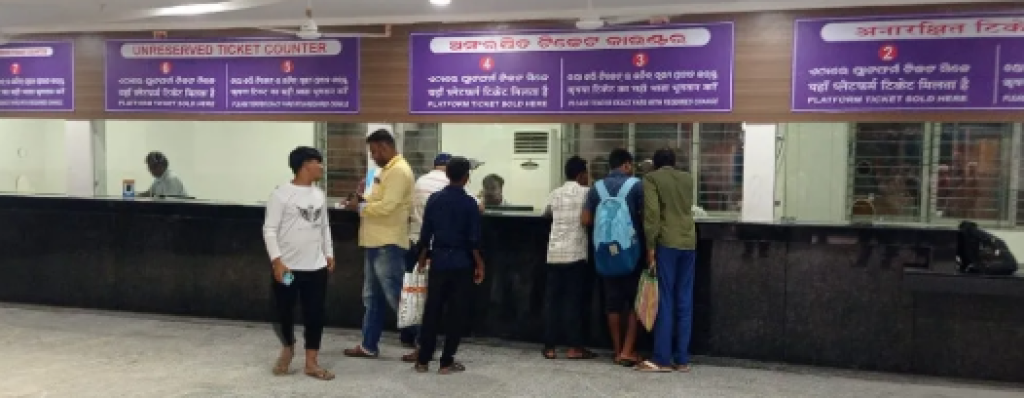
Is Kidney Cancer Hereditary? Debunking Myths and Understanding Your Genetic Risk
~ Dr. Ashish Upadhyay, Consultant, Oncology, Fortis Hospital Anandapur, Kolkata ~
Kidney cancer is increasingly being detected across India-including in metropolitan cities like Kolkata. While most cases are sporadic and linked to lifestyle factors, a small percentage- about 5–8% are hereditary. Misunderstanding this genetic risk can delay timely diagnosis and care.
Understanding the Genetic Link
Hereditary kidney cancers are often linked to conditions like Von Hippel-Lindau (VHL), Hereditary Papillary Renal Cell Carcinoma, and Birt-Hogg-Dubé Syndrome. These typically appear earlier and may involve both kidneys. Meanwhile, 95% of kidney cancers arise sporadically due to factors like smoking, obesity, high blood pressure, and chemical exposure.
According to ICMR–NCRP, renal and urinary tract cancers made up about 67,000 new cases in India in 2020, placing them among the country’s top ten cancers. In West Bengal, hospital registries show a consistent presence of renal cancer, with most patients diagnosed after age 55. However, Increased access to imaging like ultrasound and CT scans has led to a rise in incidental findings, especially in urban centres like Kolkata.
When Should Genetic Evaluation Be Considered?
There is a personal or family history of kidney cancer under the age of 50
Multiple family members have had renal tumors
Bilateral (both kidneys) or multifocal (multiple tumors) cases are present
A known hereditary syndrome runs in the family
Busting Common Myths
Sno Myths Facts
1
Kidney cancer only affects older people
While it’s more common after 55, hereditary forms can appear earlier- even in one’s 30s or 40s
2
No symptoms = no cancer
Kidney cancer is often asymptomatic in early stages and may be found incidentally on scans
3
Kidney cancer is always lifestyle-related
5–8% of cases are hereditary
4
Genetic testing is only for people who already have cancer
It is also important for healthy individuals with family history to assess future risk
5
If one kidney is affected, it won’t impact overall health
Kidney cancer can spread silently and affect both kidneys, lungs, or bones if not treated early
6
All kidney cancers are the same
There are multiple types—some are aggressive, others slow-growing.
Reducing Risk and Enhancing Awareness
Regardless of genetic risk, individuals can reduce their chances of developing kidney cancer by:
Avoiding tobacco and occupational toxin exposure Maintaining healthy blood pressure and body weight
Staying physically active and hydrated
Undergoing regular checkups, especially if there’s a family history of cancer
At Fortis Hospital Anandapur, our multidisciplinary team provides advanced diagnostics, genetic counselling, and personalised treatment for both hereditary and non-hereditary kidney cancers. Early awareness remains the best defence.










